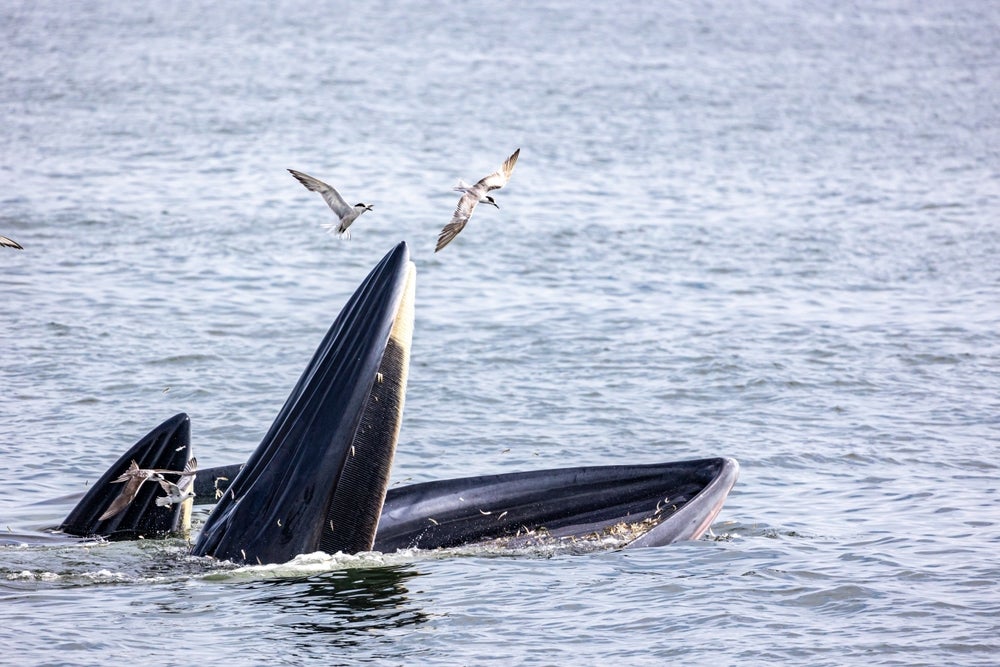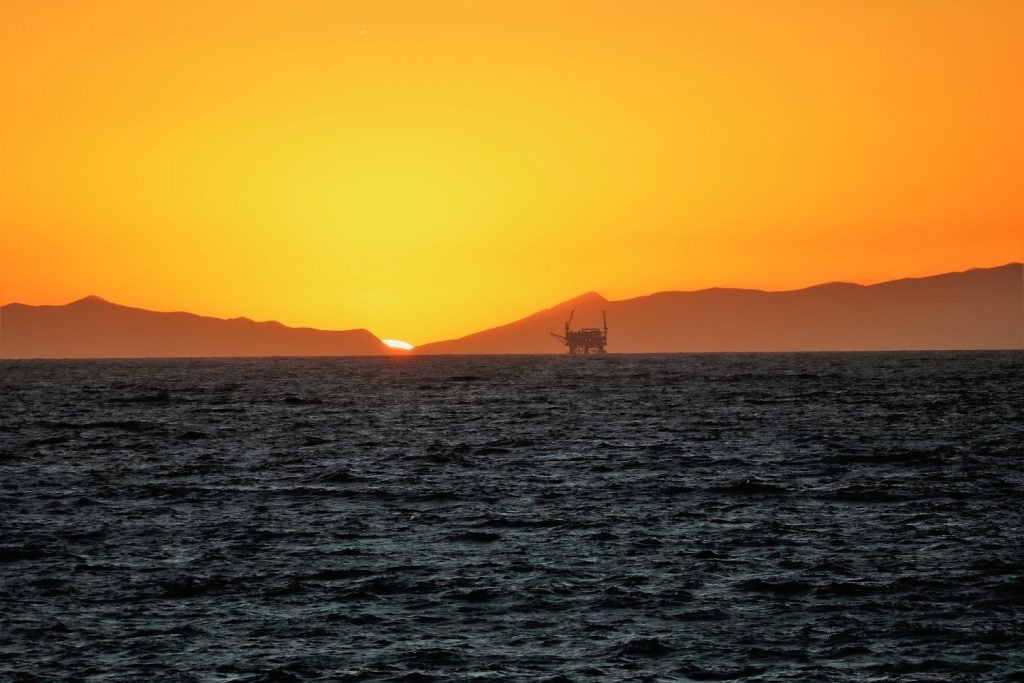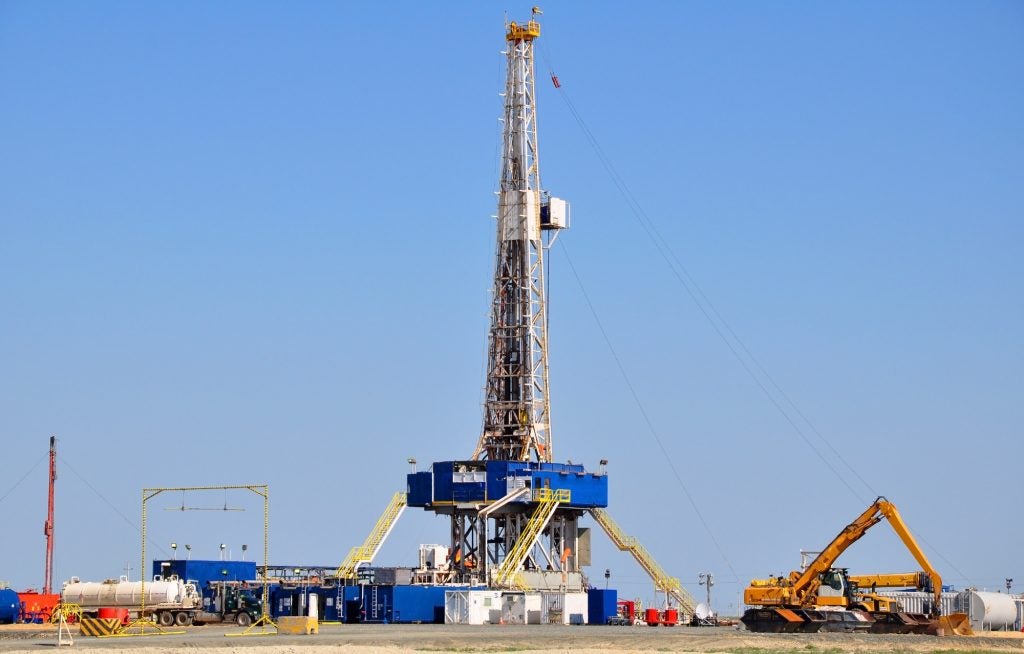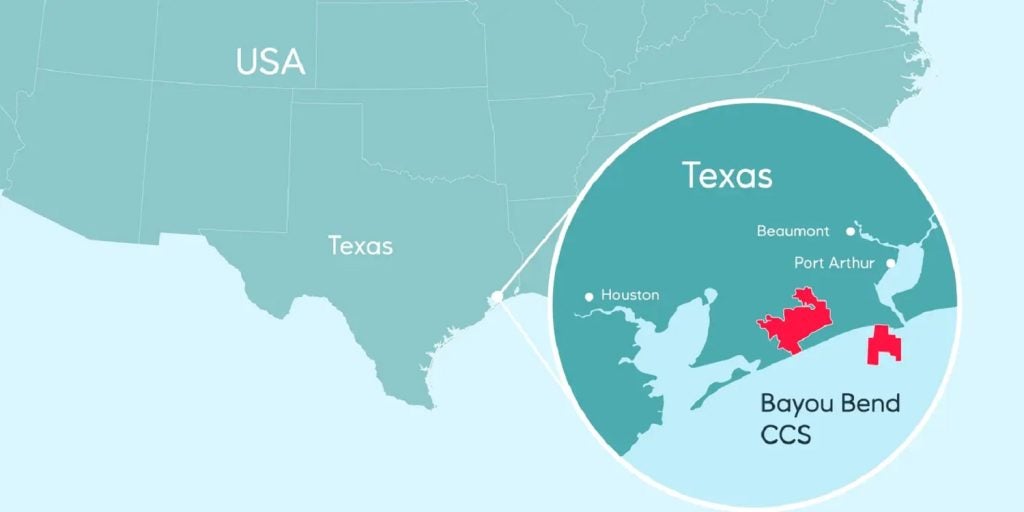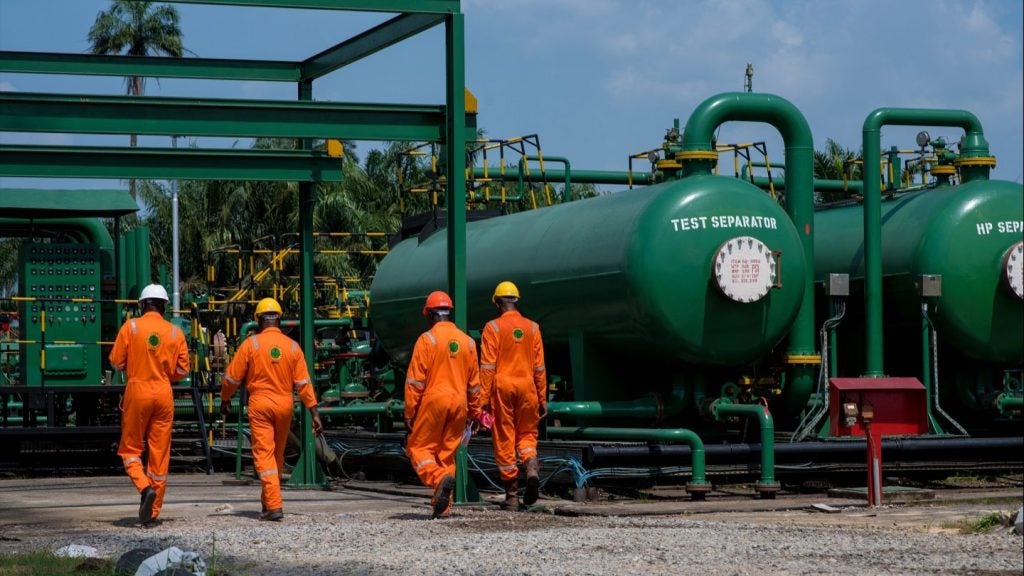Major US oil industry players are suing the US Government over six million acres of protected area in the Gulf of Mexico.
The US Government is withdrawing the federally owned area from an upcoming sale in order to protect the Rice’s Whale, one of the most endangered whales in the world.
The American Petroleum Institute (API), a trade group that represents the country’s oil and gas industry, is accusing the government of withholding the full amount required to be auctioned off, along with Chevron and the State of Louisiana. The land was promised by the US Government in a provision in the 2022 Inflation Reduction Act.
In a press release, senior vice-president of the API Ryan Meyers described the actions of the US Department of the Interior as an “unjustified” attempt to “further restrict American energy access in the Gulf of Mexico”.
“Despite Congress’ clear intention in the Inflation Reduction Act, the Biden administration has announced a ‘lease sale in name only’ that removes approximately 6 million acres of the Gulf of Mexico from the sale,” Meyers added. A further 67 million acres of government land remains available for lease. The auction is scheduled to take place on 27 September.
The dispute is a result of a 2020 agreement between the Department of the Interior and environmentalist groups that ensured that the habitat of the Rice’s Whale would be protected by the Bureau of Ocean Energy Management (BOEM).
The National Ocean Industries Association, which serves offshore oil, gas and wind industries, has also called on the government not to implement the actions of the BOEM. The body warns of “significant adverse consequences that could result to offshore safety, emissions, energy security, energy affordability, and national security” in a letter to the Department of the Interior.
The Rice’s Whale, also known as the Gulf of Mexico Whale, has been consistently located in the north-eastern area of the Gulf. According to the National Oceanic and Atmospheric Administration, there are likely fewer than 100 individuals remaining.
Oil and gas activities are identified by the Marine Mammal Commission as a major threat to the whale.
According to the API, the lease amendment also adds “new and unjustified restrictions on oil and natural gas vessels operating in this area, ignoring all other vessel traffic” as operators will be given new instructions on how to look out for the Rice’s Whale.


